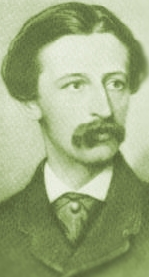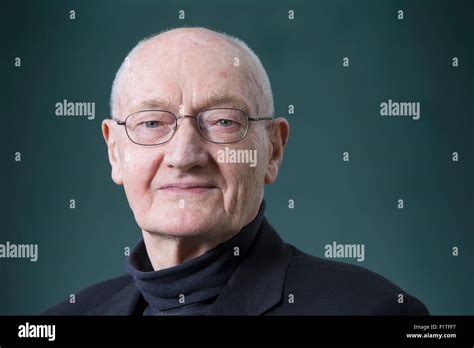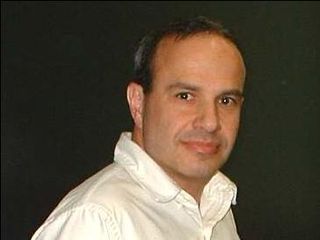A Quote by Henri Poincare
One does not ask whether a scientific theory is true, but only whether it is convenient.
Quote Topics
Related Quotes
When you ask why did some particular question occur to a scientist or philosopher for the first time, or why did this particular approach seem natural, then your questions concern the context of discovery. When you ask whether the argument the philosopher puts forth to answer that question is sound, or whether the evidence justifies the scientific theory proposed, then you've entered the context of justification. Considerations of history, sociology, anthropology, and psychology are relevant to the context of discovery, but not to justification.
One question you ask as a writer or any kind of artist when you start making something is, 'Does this have reason to exist in the world?' And you're reassured when you get little confirmations that people are pleased it did exist - whether they buy a ticket, whether it gets good reviews, whether it transfers.
Newton's theory is not 'not right', it just does not cover all distances. Contrary to popular belief, theories in science are not proven wrong, they are just replaced by more complete and convenient theories. To sound provocative, even the geocentric theory was never "proven" wrong, it is just not as convenient as the heliocentric theory, since it requires endless epicycles.
Contemporary philosophers are facing problems that were unthinkable only one century ago, such as whether space and time are mutually Independent, whether there is objective chance or only uncertainty, whether physics can explain chemical change, whether our behavior is fully determined by our genomes, whether ideation can change the brain, or whether either the economy or ideas are the ultimate roots of the social.
There is a fluency and an ease with which true mastery and expertise always expresses itself, whether it be in writing, whether it be in a mathematical proof, whether it be in a dance that you see on stage, really in every domain. But I think the question is, you know, where does that fluency and mastery come from?








































